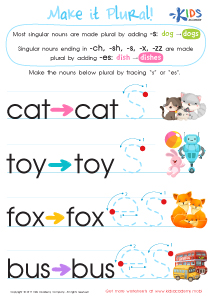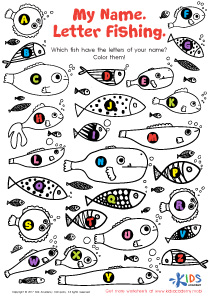Writing practice Easy ABC Letters Worksheets for Ages 4-5
3 filtered results
-
From - To
Introduce your child to the exciting world of letters with our "Writing Practice Easy ABC Letters Worksheets for Ages 4-5." These engaging worksheets are designed to make learning the alphabet a fun and enjoyable experience for preschoolers. Each sheet provides step-by-step instructions to help young learners trace and write each letter, building their fine motor skills and letter recognition. Packed with illustrations and easy-to-follow directions, our worksheets turn handwriting practice into a playful adventure, preparing your little one for kindergarten success. Perfect for teachers and parents alike, these resources foster early writing skills in a supportive and interactive way.
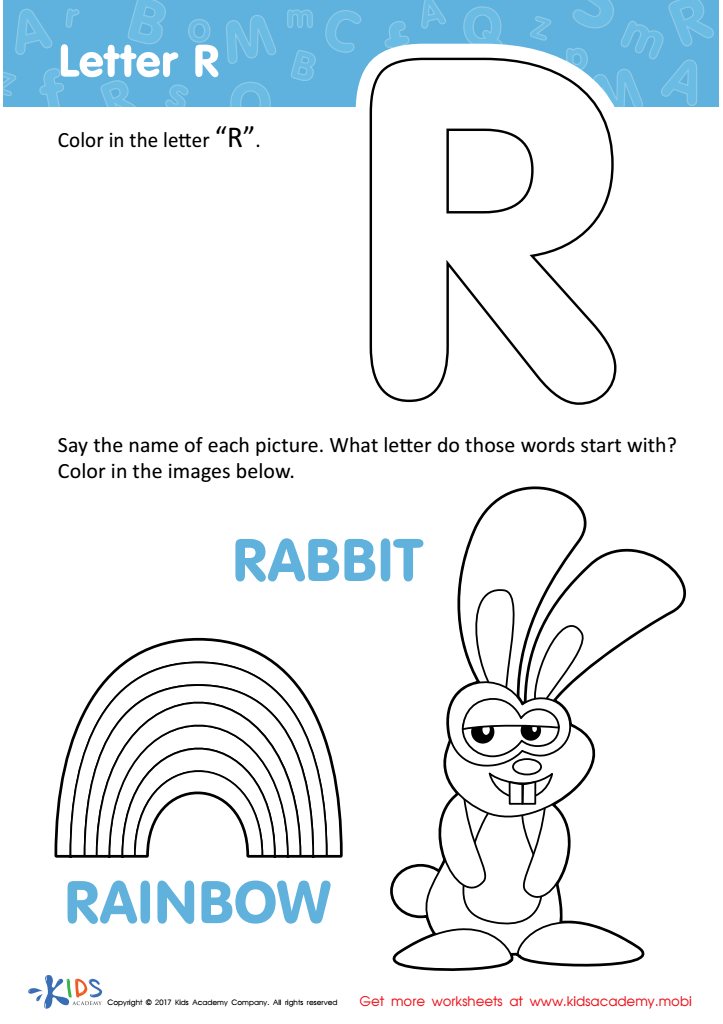

Letter R Coloring Sheet
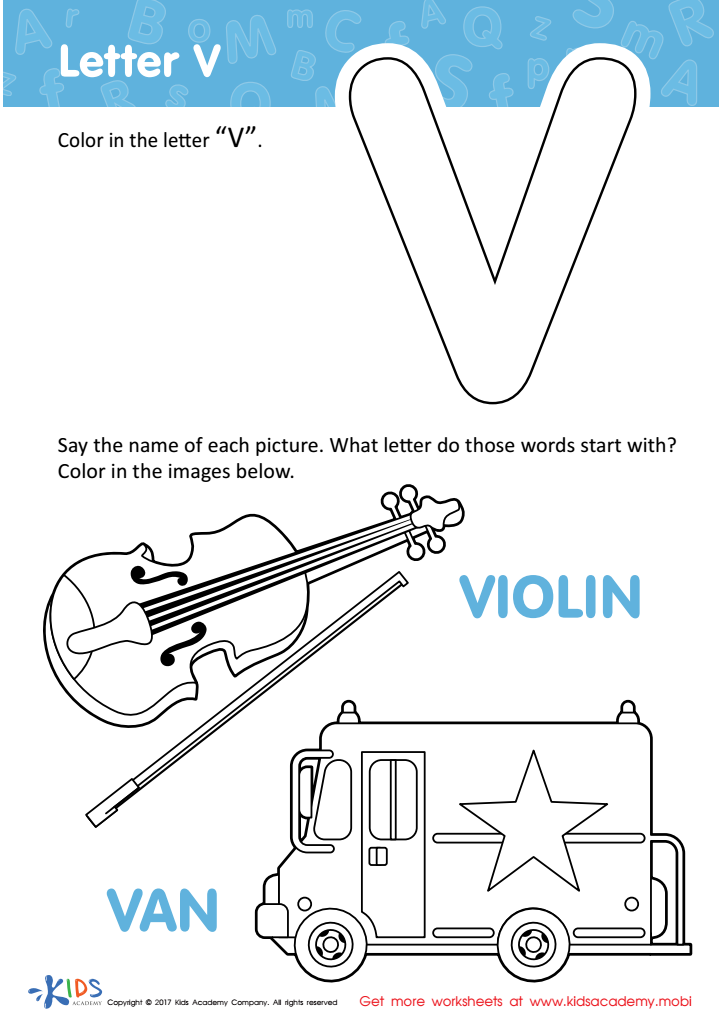

Letter V Coloring Sheet
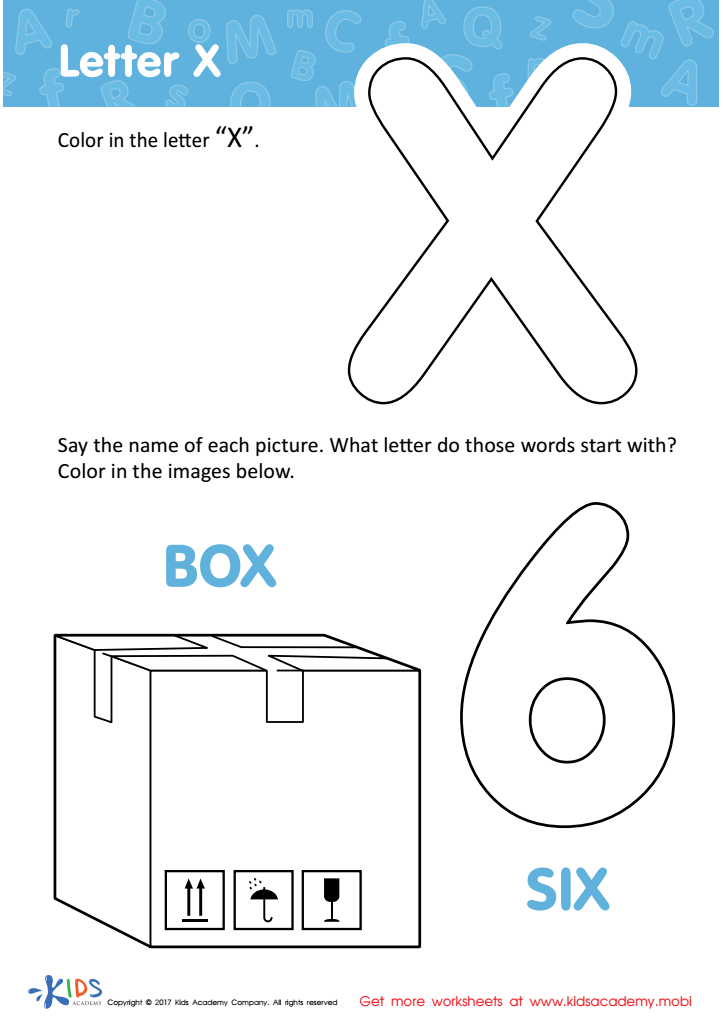

Letter X Coloring Sheet
Parents and teachers should prioritize writing practice, including easy ABC letters, for children ages 4-5 to ignite early literacy skills, cognitive development, and overall academic readiness. During these formative years, children are highly receptive to learning new skills, and establishing a robust foundation in writing significantly impacts their future educational success.
Introducing easy ABC letter practice enhances fine motor skills, as young children develop the hand strength and coordination necessary to form letters correctly. This, in turn, sets them up for efficient handwriting as they advance in school. Moreover, writing letters reinforces letter recognition and phonemic awareness, critical precursors to reading. When children write the letters they see and hear, they create strong neural connections in the brain that associate visual symbols with their sounds.
Additionally, consistent writing practice fosters children's confidence and a sense of accomplishment. Encouraging them to express themselves through writing paves the way for creativity and communication skills. Engaging in such productive activities early creates a positive attitude toward learning.
Furthermore, a structured approach to introducing writing facilitates a smoother transition to kindergarten. As children become accustomed to the systematic learning of letters and sounds, they adapt more readily to classroom expectations.
In summary, establishing early writing practices for young children sets a solid educational foundation, promoting life-long learning skills and facilitating cognitive and emotional growth.
 Assign to My Students
Assign to My Students









